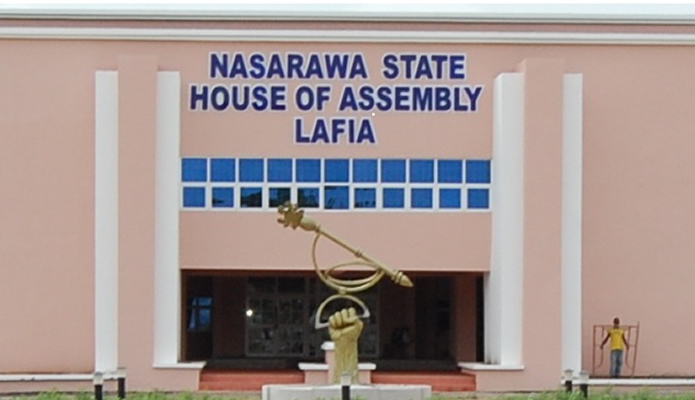There was a drama at the Senate on Monday during the ministrial screening when lawmakers grilled a ministerial nominee from Benue State professor Joseph Utsev, with “discrepancies” in his biodata.
His age of 3 years when he started primary school generated controversy on the floor of the senate
Utsev started his introductory comments immediately after the Senate screened ex-governor of Rivers State, Nyesom Wike.
He told the lawmakers that he was born in Gboko, Benue State on December 2, 1980 and he attended the University of Agriculture, Makurdi where he studied Civil Engineering and graduated with a Second Class Upper in 2004.

Prof Utsev started primary school at the age of three according to his Curriculum Vitae.
Senator Mikhail Abiru (APC, Lagos) had drawn the attention of his colleagues to the CV of the nominee where it was stated that Prof Utsev was born in 1980, started Primary School in 1984 and completed his primary education in 1989.
Prof Utsev said he graduated as the best student from the University of Agriculture, Makurdi in the Department of Civil Engineering.
He proceeded to the same university in 2009 and graduated with Bachelor of Science (Bsc) in Water Engineering.
He is also the poineer rector of the Benue State Polytechnic which he assume the position in 2020.
“The polytechnic is a new institution as I speak now we have started session and that is where I am presently,” he said.
Senator Abiru asked the nominee to clarify the dates on his educational qualifications, saying there seemed to be confusion in his academic records.
Responding, the Benue nominee maintained that he was born in 1980 and graduated with first leaving school Certificate in 1989.
Senator Abba Moro (PDP, Benue) appealed to his colleagues to ignore the discrepancy pertaining to dates in his educational qualifications, claiming it may have been a result of typographical error.
“Looking at the resume that we have, the discrepancies that we have may have necessarily come from typographical error. I want to say at this point, records don’t lie and if you look at what we have there and explain action that he has given. I think we should give him a benefit of doubt.
“I have a point that I want to make here. I want to say that I come from a part of Benue state that is a minority. I want to appeal to my colleagues to approve the nominations of my professor from Benue state,” he said.
But Titus Zam, another Benue senator, disagreed with Moro’s submission, saying that there was no discrepancies in the academic records of the nominee.
“I am from Benue and the nominee is from my constituents,” he said.
At this point, Senate President, Godswill Akpabio, said said he would not entertain any question pertaining to the date in academic records of the Benue nominee after Abba Moro approached him.
“I will not want to entertain anything on the issue of when he entered school again. Senator Abba Moro just pointed my attention to an important issue which the nominee will clarify,” Akpabio said.
In a move to bury the issue, Senator Elisha Abbo (APC, Adamawa) said the nominee is exceptionally brilliant like himself for starting primary school at the age of three.
“The nominee is exceptionally brilliant like me. I took entrance exam at the age of three and I won (sic),” he said.
The Benue nominee was asked to take a bow and go after speaking briefly on how he will turn things around in environment sector, without saying anything on his academic records.


